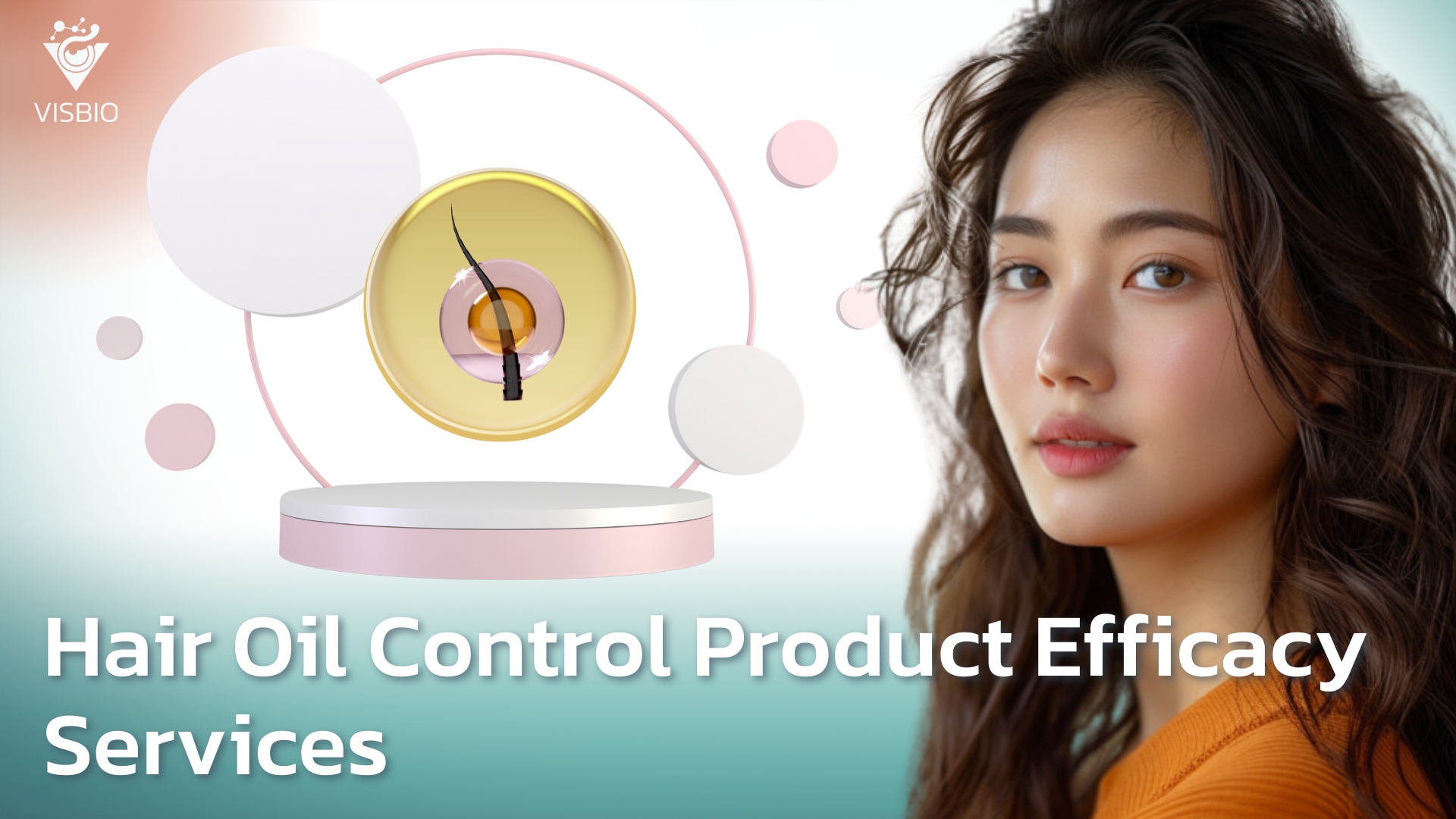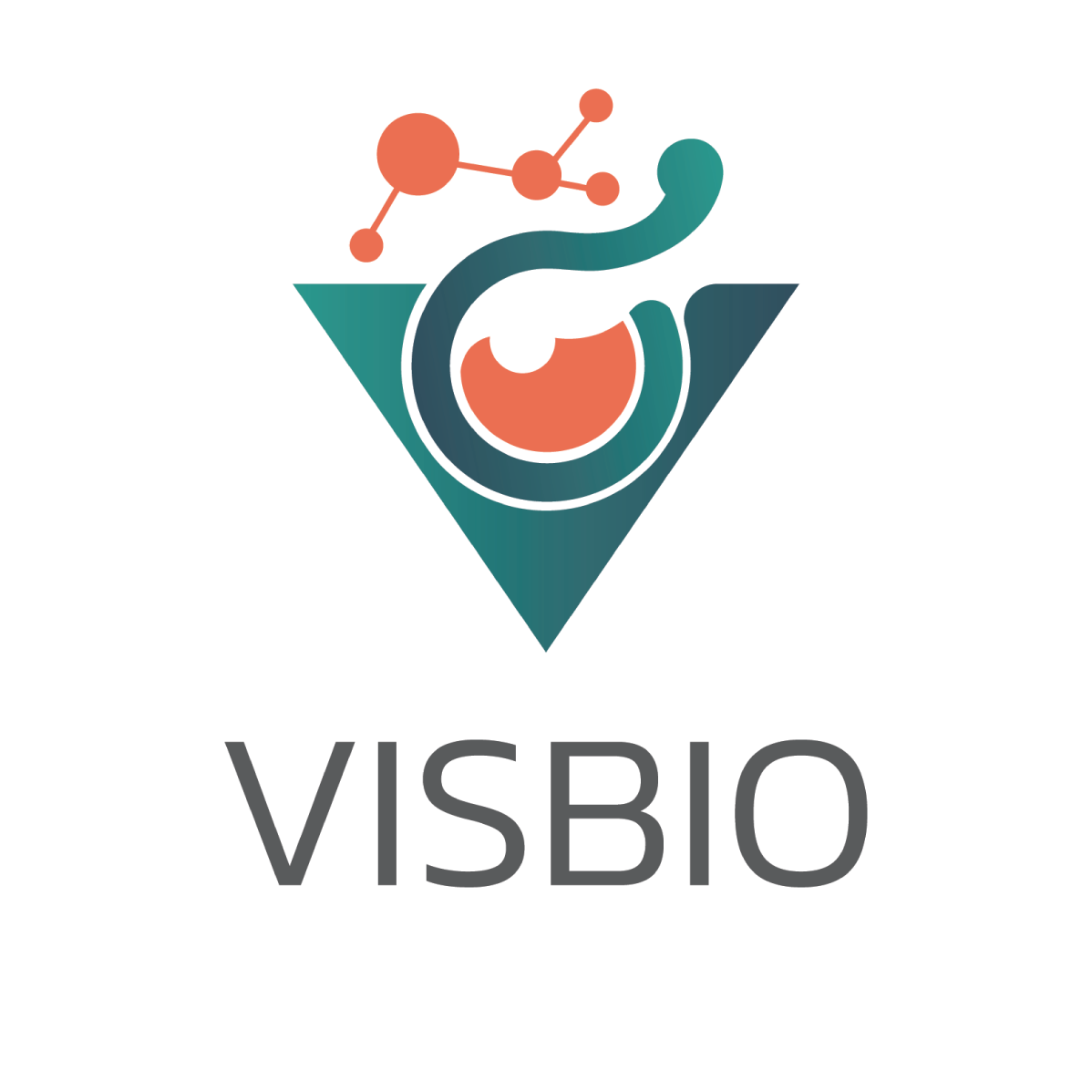
Information about our Hair Oil Control Clinical Trial services for assessing hair care product efficacy.
Efficacy Assessment of Hair Oil Control Clinical Trial
Focusing on the control of excess oil on the scalp, Visbio Co., Ltd. offers comprehensive product efficacy assessment services for entrepreneurs, factory owners, manufacturers, brand owners of hair care products, and researchers dedicated to product development.
Our services are designed to provide in-depth insights and reliable scientific evidence through clinical trials with real product users, supporting product development, formula improvement, effective marketing strategies, and building consumer confidence in product quality.
Mechanisms of Oil Control Products
Scalp oil control products primarily work through two main mechanisms:
Oil absorption: Certain ingredients in the product, such as powders or clays, absorb excess oil on the scalp and hair, providing an immediate feeling of freshness and cleanliness.
Oil production control: Other ingredients may have the ability to regulate the activity of sebaceous glands, which produce oil on the scalp. Some plant extracts or synthetic compounds may help reduce oil production, resulting in a less oily scalp in the long run.
Factors Affecting Scalp Oiliness
Scalp oiliness varies from person to person, depending on several factors, including:
Genetics: Genes play a significant role in determining the size and activity of sebaceous glands.
Hormones: Hormonal fluctuations, such as during puberty or menstruation in women, can stimulate increased oil production.
Environment: Hot and humid weather, stress, and the use of certain hair styling products can lead to increased scalp oil production.
Hair care: Over-washing or using unsuitable products can dry out the scalp, triggering it to produce more oil to compensate.
Hair Care Product Efficacy Assessment
We have expert researchers specializing in hair care product testing, particularly products designed to control excess oil on the scalp. We focus on providing insightful data and reliable scientific evidence to support effective product development and marketing strategies.
Efficacy Assessment Details
- Photographic Efficacy Assessment: We utilize advanced imaging technology, such as the Dino-Lite digital microscope, to capture images of the scalp before and after product use. This method allows for clear visualization and measurable assessment of oil level changes.
- Scalp Oil Analysis: We employ the Sebu pen tool to accurately measure the amount of oil on the scalp, enabling a clear comparison of product efficacy in reducing oiliness.
- Volunteer Satisfaction Assessment: Volunteer testers provide in-depth insights into their direct product experience through comprehensive questionnaires covering various aspects, including scent, scalp comfort, product satisfaction level, and overall hair condition. This information helps you better understand consumer feelings and expectations towards your product.
Advantages of Product Assessment with Real Product Users
Testing with volunteers allows for the evaluation of product efficacy in real-life usage scenarios, including the study of potential side effects and overall user satisfaction. This information is crucial for developing and improving products to meet consumer needs.
Testing with volunteers also enables the collection of qualitative data, such as user feelings and opinions, which is valuable in understanding the consumer experience with the product.
Products Suitable for Oil Control Efficacy Testing Services
Our oil control efficacy testing services are suitable for a variety of hair care products, including:
Dry shampoo: A waterless hair cleansing product designed to absorb excess oil on the scalp and hair, providing an immediate feeling of freshness and cleanliness without the need for water shampooing.
Shampoo for oily hair: A hair cleansing product specifically designed for individuals with oily scalp concerns. It often contains ingredients that help reduce oil production, such as natural extracts or synthetic compounds that regulate sebaceous gland activity. It may also include ingredients that help remove excess oil, providing a clean and comfortable feeling to the hair.
Conditioner for oily hair: A specialized conditioner formulated for oily hair, typically with a lightweight texture that doesn’t add extra oiliness to the hair. It helps to soften and detangle hair without weighing it down.
Oil control serum or spray: Leave-in products that can be used throughout the day to help reduce oiliness and refresh the hair. They often contain oil-absorbing ingredients and may also include ingredients that help smooth and manage hair.
Masks or treatments for oily hair: Hair care products used occasionally to provide deep cleansing, oil control, and scalp balancing. They usually contain similar ingredients to shampoos and conditioners for oily hair but with higher concentrations of active ingredients for more noticeable results.
Our services can help you assess the efficacy of these products in controlling excess oil on the scalp and hair, ensuring you have confidence in the quality and effectiveness of your products before launching them into the market.
Our Commitment
Expertise and experience: Our research team possesses expertise and experience in hair and scalp care product research and development.
Cutting-edge technology: We utilize the most advanced technology in our testing to ensure accurate, reliable, and internationally recognized results.
High standards: We adhere to high research operation standards to ensure the quality and reliability of our test results.
Comprehensive reports: We provide comprehensive and easy-to-understand test reports, complete with illustrations and statistical data, empowering you to fully utilize the test results.
Literature:
- Gavazzoni Dias, M. F. R. (2015). Hair cosmetics: An overview. International Journal of Trichology, 7(1), 2–15.




